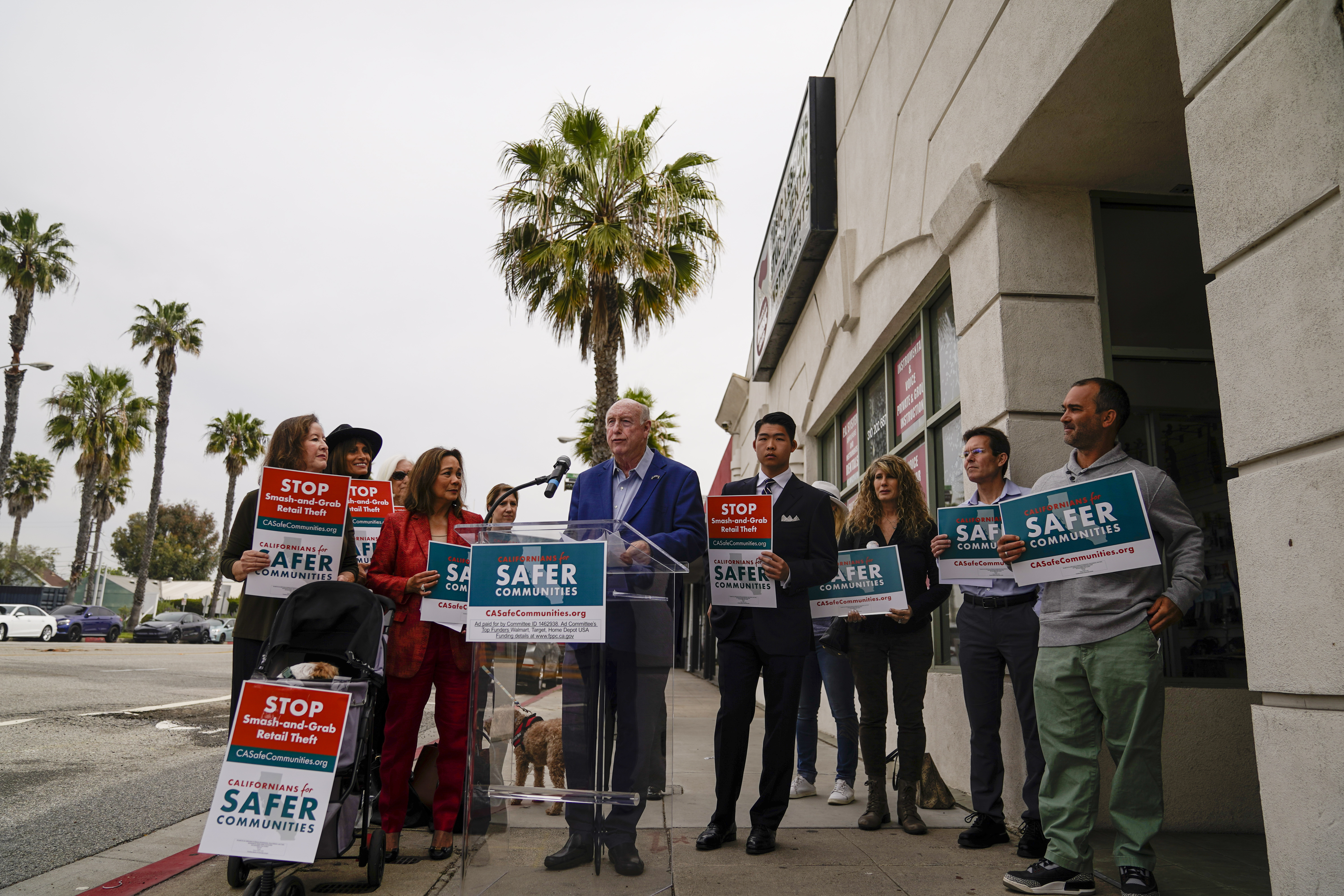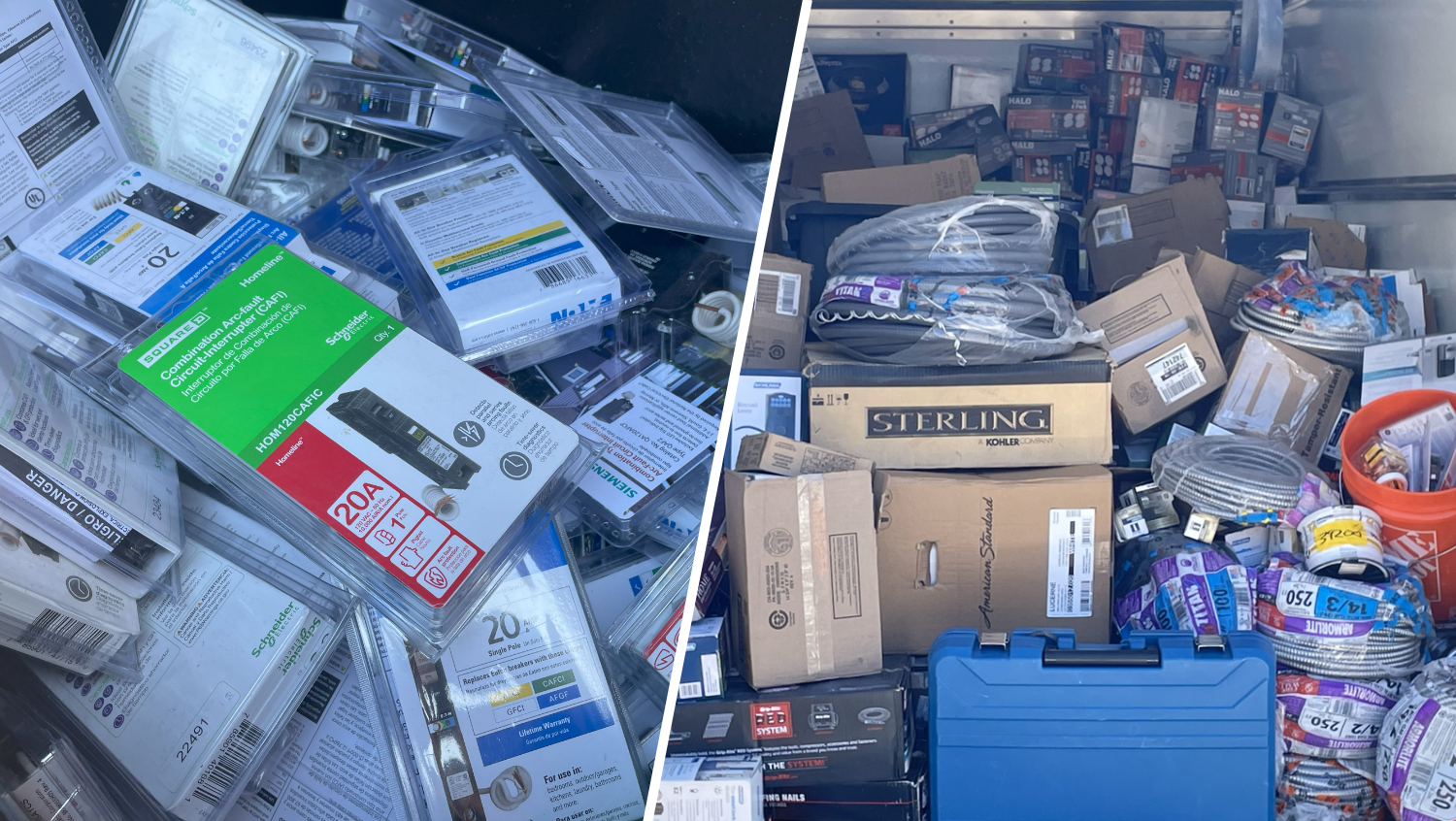The mid-afternoon sun raked an orange glow across Craig McNamara’s walnut orchards - the sound of a leaf blower peppering the otherwise muted sounds of the rural town of Winters, in Yolo County. McNamara dug his hands into a fresh bin of organic walnuts setting a cascade of clacking shells in motion.
“I’m a walnut grower and we just completed our 34th walnut harvest,” said McNamara, up to his elbows in shells.
McNamara offered a quick tour of his 450 acres; the tightly packed Chandler walnut trees, the lush fields where he operates a school for aspiring farmers, the rolling creek that carries water from nearby Lake Berryessa to his water table.
“This is our life blood,” said McNamara, peering into the churning waters. “This is our future.”
But like most of California agriculture, the drought has left a spiritual murkiness in the waters that feed his orchards.
“By the time August came around we had to put a new well in to supply these trees - to continue irrigating," McNamara said.
With the skies offering little hope of a quick end to the drought - McNamara and other farmers in the state have pinned their hopes to Proposition 1, the state ballot measure that would dump $7.5 billion into water system improvements in California, including the addition of several new dams and reservoirs.
Local
“This is so important -- $7.5 billion, $2.7 billion of which will go into storage," McNamara said. "And that means storage in water banking. So in a year when we have excess water, we can actually bank the water in the soil.”
Gov. Jerry Brown has thrown his political weight to the bond, floating it as a potential life raft during future dry seasons. Supporters contend California is losing a massive quantity of snow pack water because of a lack of storage. They say the work could bank acres of water for dry years.
“Having a bond on the ballot is kind of the initial steps of catch up,” said Lester Snow of the California Water Foundation. “In terms of where we need to be in investing in our water system.”
Snow said the state hasn’t made a large investment in its water systems since the 1950s. He said Proposition 1 has language to protect watersheds, add water treatment facilities and restore crucial rivers and fish habitat.”
“We need to invest in our water system,” Snow said. “Or not only we will continue to fight over it, but there’ll be increased litigation and fighting over it.”
A coalition of environmentalists and fishermen have already kicked up the fight - touring the state countering the claims of the pro-Prop 1 camp. They said the proposition’s plan to build new dams will hardly result in a drop in the bucket of the state’s water needs.
“California already has 1,400 dams,” said Adam Scow of Food and Water Watch. “Building two or three more isn’t going to solve anything for most Californians.”
The opposition to Prop 1 contends California’s water woes are the result of sending too much water to large agricultural interests - at the peril of smaller farmers and rivers. They say the only ones who stand to benefit from the proposition’s billions are dam builders and other construction interests.
“The powers that be are hedging by pushing this bond,” said Gordon Becker of Friends of the River. “Rather than address this overall allocation problem and something that could have a meaningful difference for fish.”
But McNamara insists the need to revamp the state’s water infrastructure is dangerously overdue. He sees the proposition as the most significant legislation to come down the pipe since he first laid shovel to the soil four decades ago.
“It really is in my 40 years of farming, the most important proposition,” McNamara said. “The most important legislation I’ll have a chance to vote on.”



